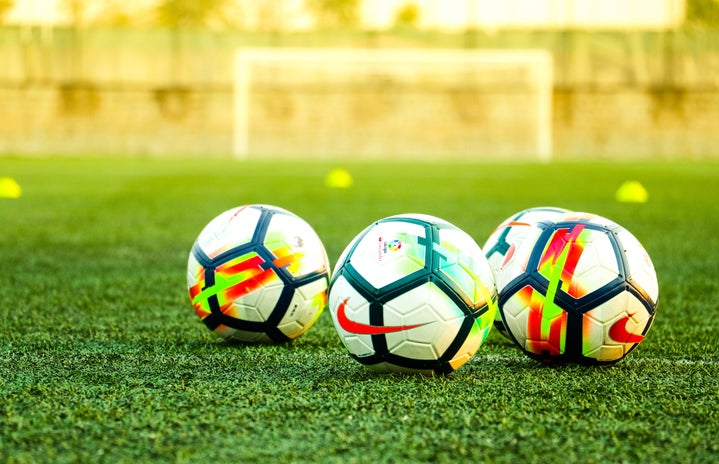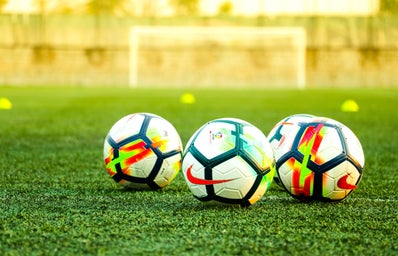Do you feel like a part of yourself is missing now that you don’t play your sport? What once consumed your life and was a major part of your identity feels like it has now faded to memories of your “glory days.” One day you’re at a hard practice counting the minutes until it’s over; the next you’re watching old highlight reels, kicking yourself for taking it all for granted.
This transition in life happens to every former athlete at some point. As a competitive cheerleader for seven years myself, once I stepped out of the gym, I didn’t know who I was in the real world. While I was fortunate enough to be able to participate in my sport at the college level, this only delayed the inevitable. For most, high school graduation is the time when many athletes have to hang up their cleats — a time of big change in itself. Although it’s a common experience, this doesn’t make it any less difficult.
Being athletes shaped us into who we are. Among many valuable lessons like responsibility, leadership, and sportsmanship, we learned how to be committed and dedicated to our team. Now that we’ve entered college without practice several times a week, where do we direct that energy? I’ve found myself being self-critical for being “lazy” now that I have more time on my hands than I’m used to. If I don’t work out intensely for several hours a day like I did at practice, I feel like I’m not doing enough. I don’t feel the same kind of achievement in anything the way competing made me feel. My sport defined me for seven years of my life to such an extent that I have had difficulty rewiring the way my brain works without it.
Being athletes, we didn’t have to search far to find our people. We knew we always had a support system of teammates, coaches, and trainers. Some may have even called it a second family. I never had to worry about making friends or feeling like I didn’t fit in. No matter where we came from, my team shared one common interest: our sport.
It wasn’t until I got to college that I was made keenly aware of the high school milestones I missed out on. I sacrificed football games, parties, and school dances for practice. I felt like this made me stick out like a sore thumb, a representation of how behind I was compared to other “normal” kids. How would I find my new group whose values accord with mine?
I don’t have a time machine to revisit this chapter of my life, but I am here to tell you that what you feel is valid. It’s okay to be scared; change can be difficult to navigate. Just because your life as an athlete has come to an end doesn’t mean that your worth is any less. The people in your life still love you and are still proud of you. The next period of your life is only beginning; we have so much time to find our many passions and talents.
College is a time of growth and new experiences, so if you don’t know exactly what to do with yourself now, you’re in the right place to find out. We don’t have to have it all figured out as we relearn our daily norms. Additionally, we don’t have to erase the sports era of our lives to rewrite new ones. Instead, we can learn to indulge in many things.
While you may not be able to be a competitive athlete your whole life, there will always be a part of you that was built from that special sport. Playing a sport gave you traits like perseverance, hard work, and humility that will help you in the workforce in the future. It showed you the values you want to represent in your daily life, including the values of those who you choose to surround yourself with. It may feel like a part of you is missing without the title of being an athlete, but know that this will always be part of who you are.
Want to see more HCFSU? Be sure to like us on Facebook and follow us on Instagram, Twitter, TikTok, and Pinterest!


